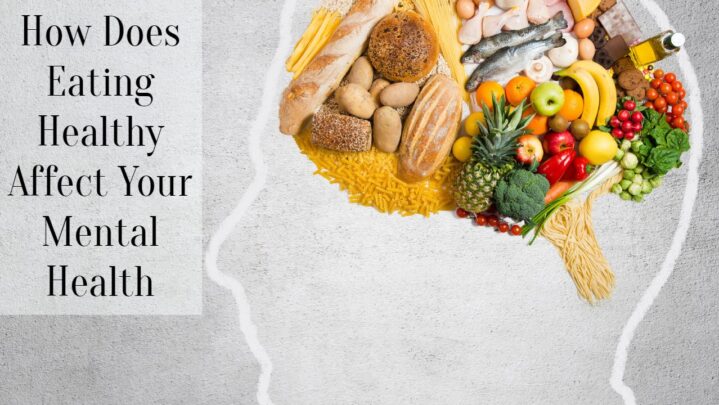As time goes on, we’re discovering how eating especially affects our social, emotional, and mental health.
Despite the fact that there is still much to learn about the underlying connection between nutrition and mental health, there is strong evidence to support this.
Your resource for learning how your food could impact your mental health and wellness.
We’ll discuss what is currently known about the connection between nutrition and mental health, consider particular dietary patterns that may benefit mental health, and look at easy measures you can take to maintain a positive mental state.
Do eating habits and mental health go together?
Mental health illnesses have historically been treated using psychiatric therapies such as counseling, medication, and even hospitalization.
A relatively young field of study called nutritional psychiatry focuses on how diet and nutrition affect how people feel psychologically. It promotes food and lifestyle adjustments that are used to treat mental health conditions.
Even though we may have previously taken it for granted, it makes perfect sense that the foods we eat impact our bodies and brains.
Our gastrointestinal tract, or what is more popularly referred to as “the gut,” is really extremely tightly related to the brain, which is one reason why our dietary choices have such a profound impact on our brains.
Numerous trillions of live microorganisms reside in the gut and perform a variety of essential bodily tasks, including producing neurotransmitters that communicate with the brain to control various physiological processes including sleep, pain, hunger, mood, and emotion.
In fact, the two organs communicate in such a complex way that the gut has earned the moniker “second brain.” The two’s link is formally referred to as the gut-brain axis or gut-brain connection.





